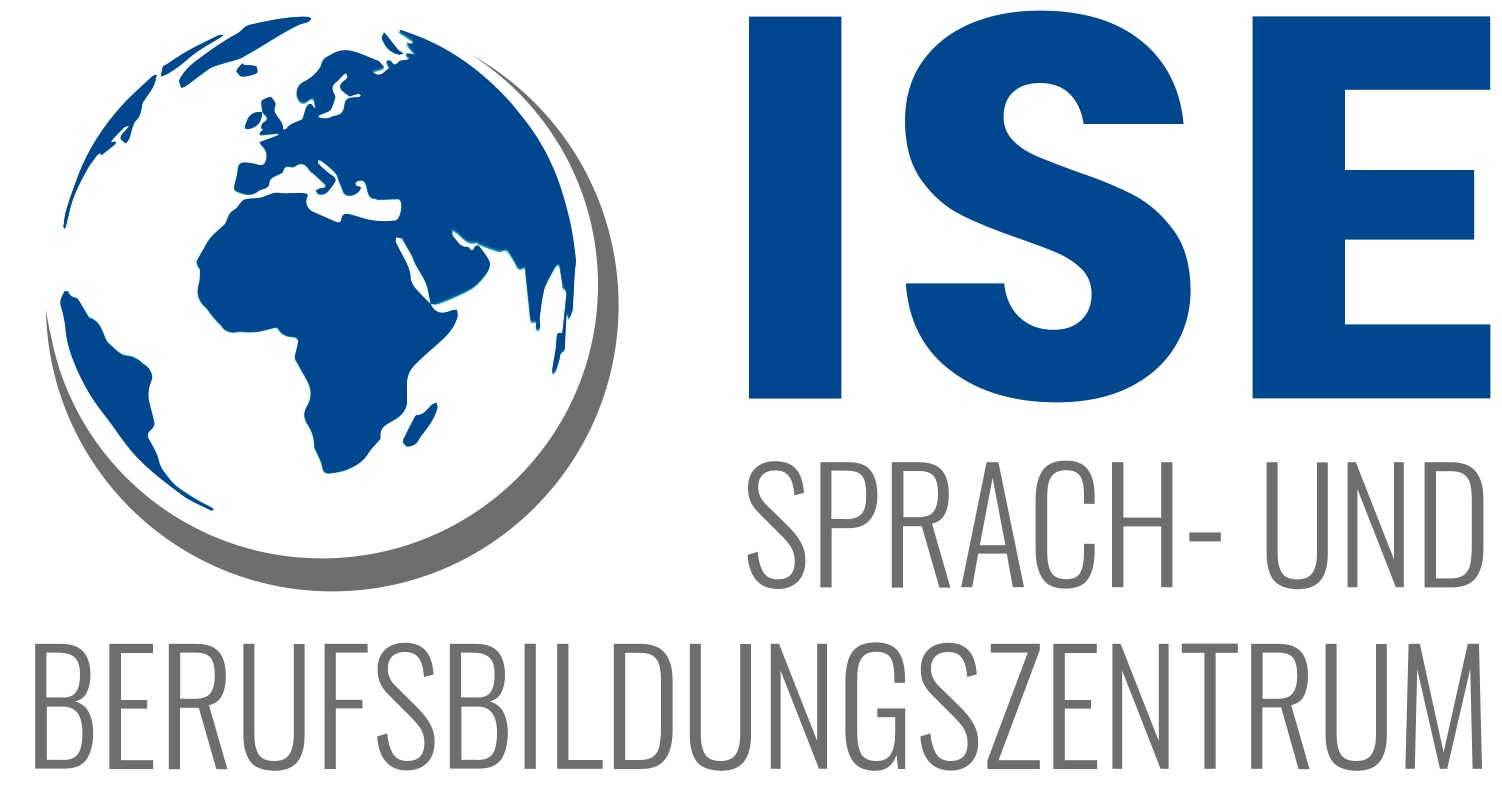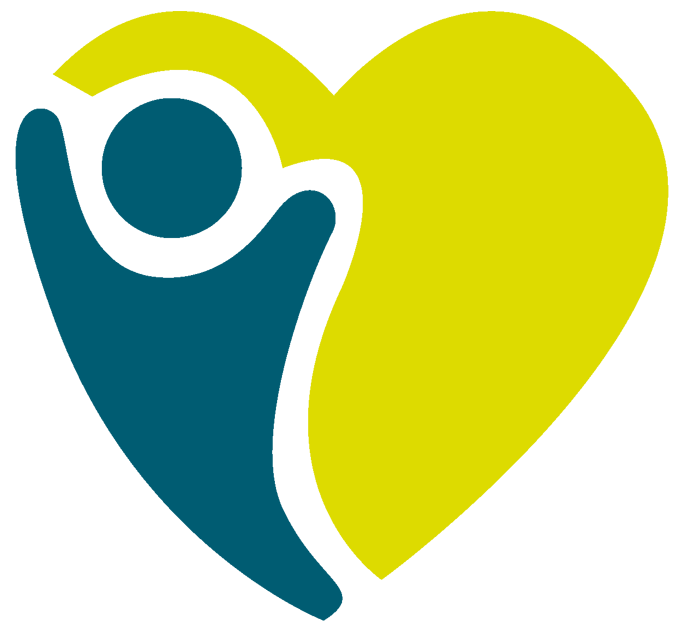“Now I understand the Germans and they understand me.”
With these words the 23rd integration course at the ISE Language and Vocational Training Center in Sulzbach-Rosenberg ended. Course leader Gabriele Stucke is rightly proud of her course participants, who have made excellent progress in the German language during the course.
You can notice Jiranan's concentration when she introduces herself in a language that is so foreign to her: "Hello, my name is Jiranan Kraus and I come from Thailand." She has been living in Germany for 7 months now, together with her husband and in-laws.
At the ISE language and vocational training center, Jiranan and 19 colleagues successfully completed the 645 hours of the integration course, including the orientation stage.
Course participants from 12 nations struggled with the pitfalls of the German language and repeatedly tried to figure out why it is called “the” sentence, “the” line and “the” word. Questions that even a native speaker cannot answer, but this does not make learning easy, especially in adulthood.
Anna comes from Kazakhstan and has lived here for eight years. She already knows from experience:
“Language gives you the ability to move in 1001 situations.” She had already attended a language course shortly after entering the country, but admits that she simply didn't practice enough back then. She enjoyed catching up on what she had missed and brushing up on old knowledge.
Pride over praise
Only those who are able to communicate can demonstrate their abilities. This phrase could be the motto of Zhivka. She comes from Bulgaria. She doesn't think she's reached her goal yet with her learning successes. “We talked a lot, I really enjoyed it. So I had the courage to talk to Germans.” She knows that she has to improve her German even further in order to get a place at university.
Integration is equal participation in social life while respecting cultural diversity. Gloria comes from Colombia and has only been in Germany for 7 months. At the start of the course she could only speak a few words. And now? “I recently spoke on the phone with a good friend of mine, a German teacher in Miami,” she says. “We spoke in German and she was completely surprised at my learning progress and full of admiration.” You can see Gloria's pride in receiving praise from a qualified source.
Language of keys
People with a migrant background have valuable resources thanks to their multilingualism and intercultural competence. But six months is pretty short to build a solid language base. Miroslav from the Czech Republic says: “The time was simply too short for me. I can understand well, but I still make a lot of mistakes when speaking.” He is confident that he will find a job so that he can get the necessary routine in his daily interactions with his work colleagues.
Language is the key to ensuring that every individual, regardless of ethnic and cultural origin, has equal participation in society and access to education and the labor market. Language teaching is therefore a current challenge that the lecturers, like Gabriele Stucke in course number 23, face again and again. And success makes all the effort worth it. Because is there a better praise for the teacher at the end of a language course than the words of Suada from Bosnia: “Now I understand the Germans and they understand me.”

